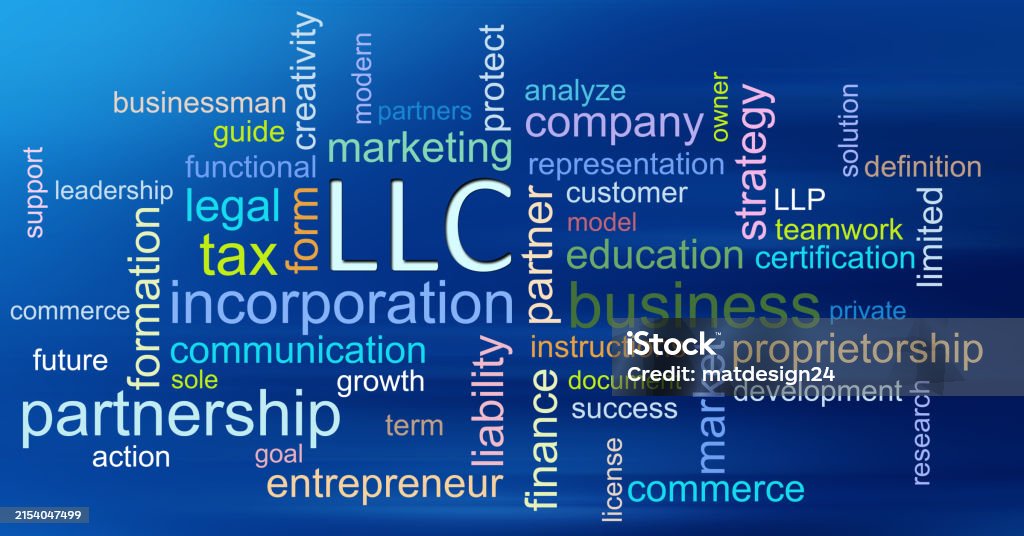Serbia is a southeastern European country situated on the Balkan Peninsula. With a population of approximately 7 million people, the country covers an area of 88,000 sq. km. The capital and the largest city of Serbia is Belgrade.
Serbia has a complex history where various cultures have influenced society over the centuries. Serbia remained a part of the Ottoman Empire and Yugoslavia; a radical transformation from being a welfare state to a socialist state. Today, Serbia is well known for its natural beauty, culture, and cuisine.

Types of business structures in Serbia
A number of options are available to entrepreneurs and investors to choose from in terms of business formats. Some of the most popular ones are listed below:
| S# | Type of business | Local name | Min. paid-up capital required |
| 1. | Sole Proprietorship | Preduzetnik” or “Fizičko lice | No minimum capital requirement |
| 2. | Partnership | Komanditno Društvo | No minimum capital requirement |
| 3. | Limited Liability Company (LLC) | Društvo sa Ograničenom Odgovornošću (D.O.O) | €1 |
| 4. | Joint Stock Company (JSC) | Akcionarsko Društvo (AD) | €25,500 |
| 5. | Branch Office | Podružnica | No minimum capital requirement |
| 6. | Representative Office | Predstavništvo | No minimum capital requirement |
Sole proprietorship
A sole proprietary business is the simplest and most common type of business structure anywhere in the world, and Serbia is no exception. Such a business is owned and managed by the lone owner and he/she is solely responsible for all debts, liabilities, and losses. Similarly, any profit made through business goes directly to the owner.
Partnership
A partnership is a business structure owned and operated by two or more individuals who share the profits and losses of the business. There are two types of partnerships in Serbia: general partnership and limited partnership. Both types of partnerships are similar in terms of formation and operations and differ in terms of liabilities. General partners assume all liabilities in a personal capacity whereas a limited partners are responsible to the extent of their share in the business.
Limited Liability Company
An LLC is a popular business structure in Serbia that offers limited liability protection to its owners, who are called members. LLCs must have at least one member, and there is no limit to the number of members allowed.
Joint Stock Company
A JSC is a business structure owned by shareholders who invest in the company’s capital stock. JSCs are required to have a minimum of two shareholders and are more complex than other business structures. Generally, The JSC format is preferred by large corporations or businesses that require large capital to operate.
Branch office
A branch office is an extension of a foreign company in Serbia. It is not a separate legal entity but is considered a part of the foreign company.
Representative office
A representative office is similar to a branch office but is limited in its activities and cannot engage in commercial activities or generate income. Its main purpose is to promote the foreign company’s products and services in Serbia.
Cost of registering and incorporating a company in Serbia
The cost of registering and incorporating a company in Serbia depends on various factors, such as the type of company, the amount of share capital, the number of shareholders, and whether you use a lawyer or an agency to assist you. Here are some general guidelines:
Company registration fee
The fee for registering a company in Serbia is approximately €100 for the basic registration.
Share capital
The minimum share capital for a limited liability company (LLC) is €1. However, it is recommended to have at least €8,523 in share capital to show financial stability and increase credibility.
Legal and administrative fees
If you choose to use a lawyer or an agency to assist you in the registration process, there will be additional legal and administrative fees. These fees can vary widely depending on the complexity of the registration and the level of assistance required.
Other costs
There may be other costs involved, such as translation fees, notary fees, and publication fees.
Overall, the cost of registering and incorporating a company in Serbia can range from a few hundred dollars to several thousand dollars, depending on your specific circumstances.
Operational cost of a business in Serbia
The cost of running a business in Serbia depends on various factors such as the industry, size of the business, location, and other specific circumstances. However, here are some general costs that businesses in Serbia may incur:
Taxes
Serbia has a corporate income tax rate of 15%, which is one of the lowest in Europe. In addition to the corporate income tax, businesses also have to pay other taxes such as value-added tax (VAT), social security contributions, and personal income tax.
Labor costs
Serbia has a relatively low labor cost compared to other European countries. The average gross monthly wage in Serbia is around €600-700, depending on the industry.
Rent and utilities
The cost of renting commercial space in Serbia varies depending on the location and the size of the premises. Utilities such as electricity, water, and gas are also relatively affordable.
Licenses and permits
Businesses in Serbia are required to obtain various licenses and permits depending on their industry and type of activity. The cost of these licenses and permits varies.
Marketing and advertising
The cost of marketing and advertising can vary widely depending on the type of business and the scope of the campaign.
Holistically speaking, the cost of running a business in Serbia is affordable compared to other European countries.
Business environment in Serbia
Serbia has been working on improving its business environment in recent years. Here are some key factors that may affect the business environment in Serbia:
Location
Serbia is located in the heart of the Balkans, with access to major transport routes that connect Europe, the Middle East, and Asia.
Market size
Serbia has a population of around 7 million people, and it is also located in a region with a total population of around 20 million people. This provides opportunities for businesses that are looking to expand their market.
Government support
The Serbian government has implemented various measures to support businesses, such as tax incentives, subsidies, and grants for research and development.
Labor force
Serbia has a well-educated and skilled workforce, with relatively low labor costs compared to other European countries.
Infrastructure
Serbia has invested in improving its infrastructure in recent years, with upgrades to its transport network, energy sector, and telecommunications infrastructure.
Legal framework
Serbia has implemented reforms to improve its legal framework for businesses, such as simplifying the process of starting a business, reducing the time and cost of obtaining permits and licenses, and improving protection for investors.
The business environment in Serbia is on a perpetual improvement track. Those who can and are willing to navigate through business right now, are most likely to reap benefits in the future.




